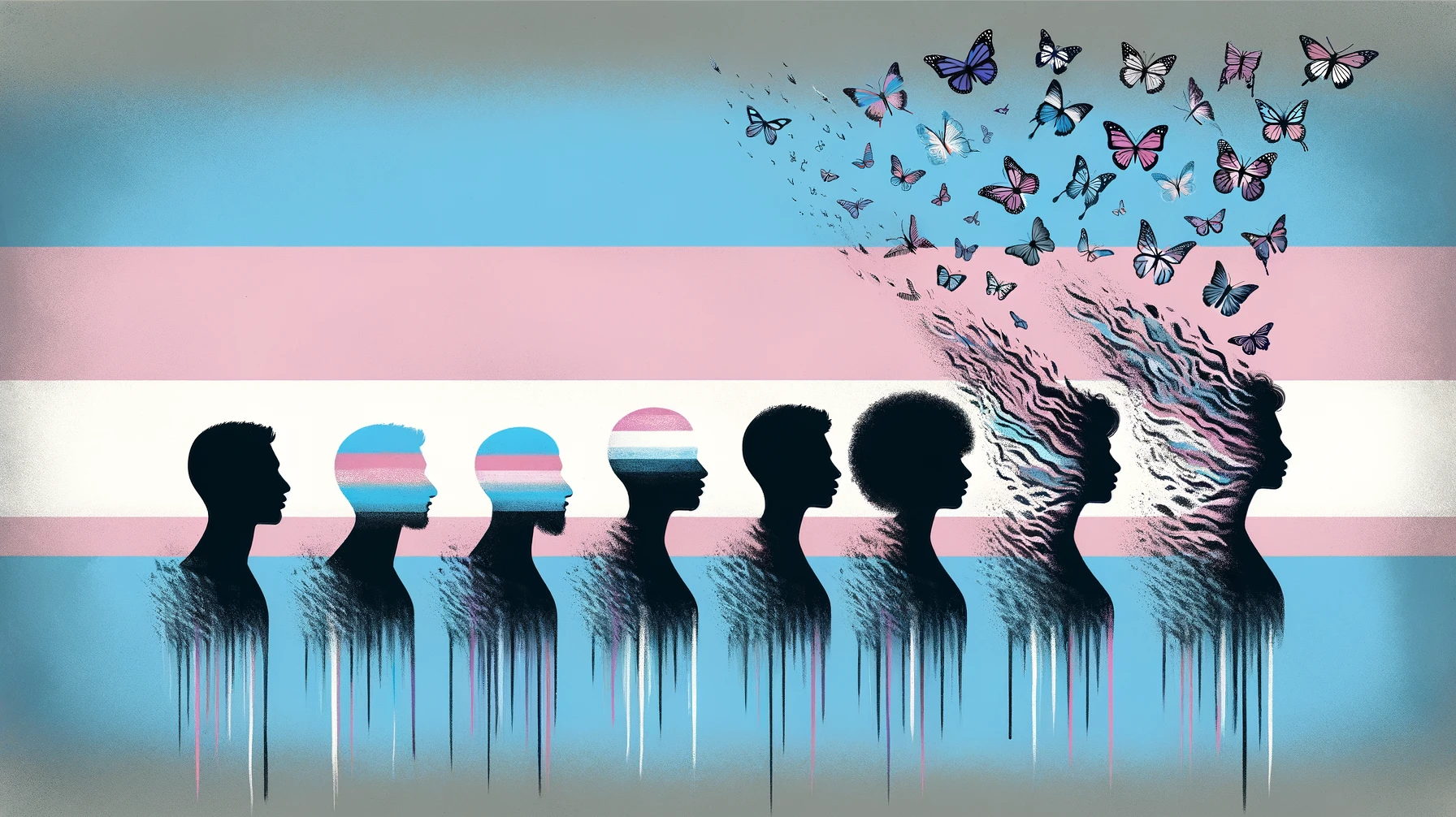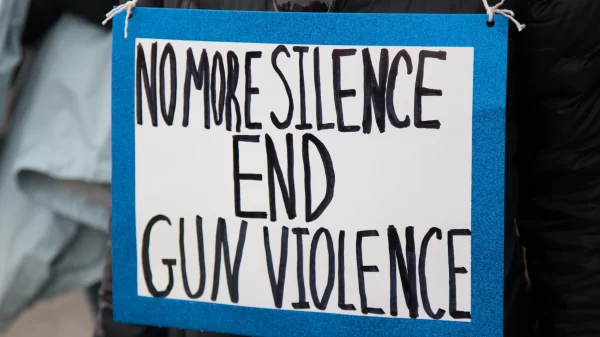|
Getting your Trinity Audio player ready...
|
Today marks the annual Transgender Day of Remembrance (TDOR), a solemn observance dedicated to honoring the memory of transgender individuals who have lost their lives to acts of anti-transgender violence. Initiated in 1999 by transgender advocate Gwendolyn Ann Smith, TDOR began as a vigil in memory of Rita Hester, a transgender woman tragically killed in 1998. This day has since evolved into a global observance, paying tribute to all transgender people who have fallen victim to violence.
Gwendolyn Ann Smith, the founder of TDOR, emphasizes the importance of this day.
“Transgender Day of Remembrance seeks to highlight the losses we face due to anti-transgender bigotry and violence,” Smith says. “It is vitally important that those we lose are remembered, and that we continue to fight for justice.”
The Human Rights Campaign (HRC) has reported alarming statistics over the years, revealing a disturbing trend of violence against transgender and gender non-conforming individuals. In 2021, the HRC tracked a record number of 59 fatalities. The following year, at least 41 transgender and gender non-conforming people were fatally shot or killed by other violent means. Sadly, in 2023, the number already stands at 26.
Meanwhile, HRC notes a disturbing trend across the United States, 2023 has seen a surge in anti-LGBTQ+ legislation, marking a record-breaking year for such initiatives.
This wave of legislation, targeting the rights and existence of LGBTQ+ individuals, particularly those who are transgender and non-binary, is being driven by extremist groups. Organizations like the Alliance Defending Freedom and the Family Research Council, identified as hate groups by the Southern Poverty Law Center, are at the forefront of this push.
In recent developments across state legislatures, there has been a record-setting introduction of over 520 anti-LGBTQ+ bills. Among these, more than 220 specifically target transgender and non-binary individuals, also marking a historic high. To date, 70 of these proposed laws have been enacted. This includes 15 laws that ban gender-affirming care for transgender youth and seven laws that either require or allow the misgendering of transgender students in educational settings.
Additionally, two laws in place impose restrictions on drag performances. In a move towards sanctioned bias, three laws have been passed that effectively create a license to discriminate based on sexual orientation or gender identity. Furthermore, four laws enforce censorship in school curriculums, particularly targeting LGBTQ+-related topics and literature. These legislative actions represent a significant and concerning shift toward institutionalized discrimination against the LGBTQ+ community.
Human Rights Watch echoes these concerns, highlighting the widespread violence and harassment against transgender people in the United States. The recent surge in debates over transgender rights has paradoxically increased both visibility and hostility toward transgender individuals. Lawmakers and media personalities often unfairly demonize transgender individuals, contributing to a rise in bias-motivated crimes.
One of the most controversial legislative actions took place in Alabama in April 2022. The governor signed a bill preventing transgender minors from receiving gender-affirming care, with severe penalties for violation. This move has been met with widespread criticism from major medical associations like The American Medical Association and The American Psychiatric Association, which argue that these laws are based on misinformation and bias.
The American Psychiatric Association clarifies that being transgender is not inherently unhealthy or abnormal. However, they acknowledge that some trans individuals suffer from gender dysphoria, a condition requiring understanding and support, not stigmatization.
As TDOR is observed, it serves as a stark reminder of the ongoing struggle for transgender rights and the urgent need to address the violence and discrimination faced by the transgender community. It is a call to remember the lives lost and to continue the fight for a world where such observances are no longer necessary.




















































